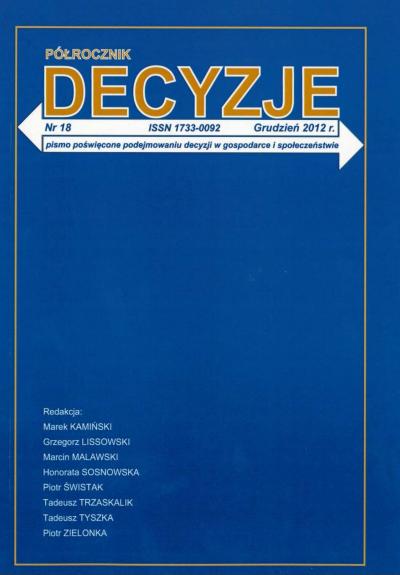For more than half a century experimental results accumulate that disprove prognostic value of perfect equilibrium, a concept derived from the principle of rationalistic egoism. The article is a short survey of popular experimental games in which actors make decisions of monetary consequences, thus shaping the income distribution in a group (dyad, in particular). A brief account is given of experimental research on ultimatum and dictator game, dictator's dilemma, trust game, centipede, gift exchange and public good game. Special focus is on dictator's dilemma which tests for readiness to benefit one's partner at one's own expense. This elementary personal dilemma turns out to constitute an essential part of more complicated and better known two- and multi-personal games.




